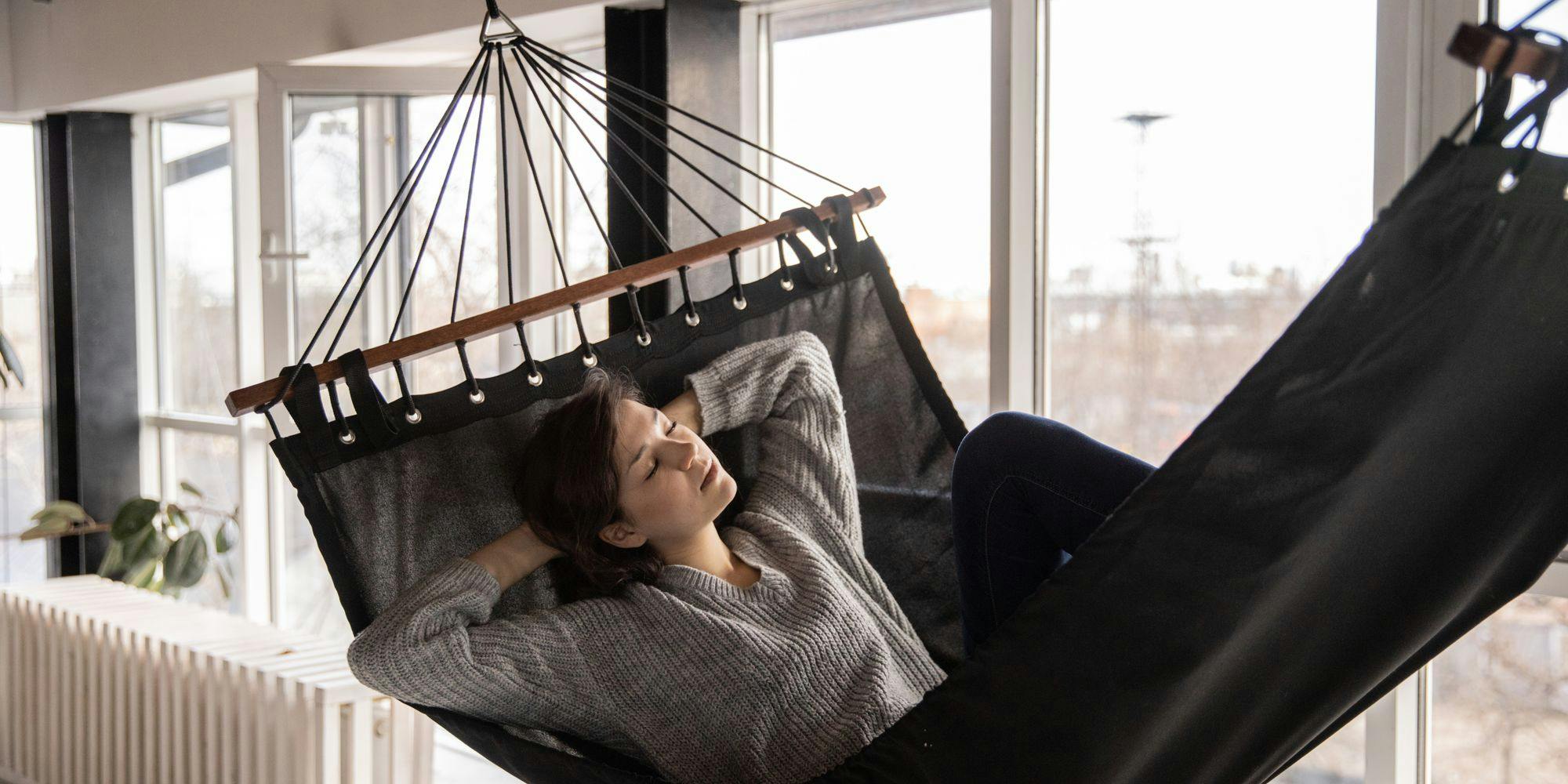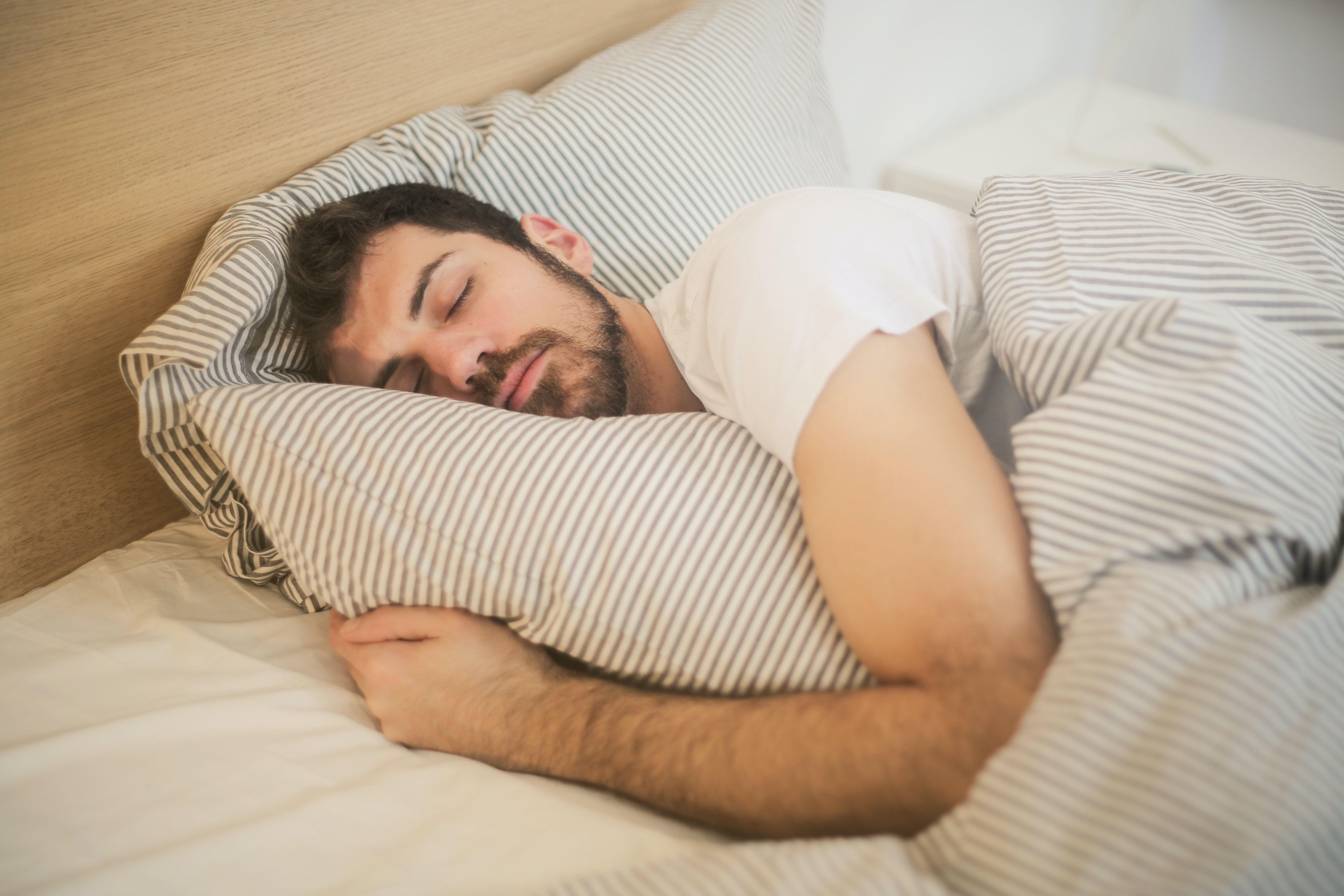The Power of Sleep for Bodybuilders



Getting enough sleep is essential for good health and wellbeing, especially for bodybuilders and others who participate in rigorous physical exercise. The healing of muscles, the control of hormones, and general performance are all significantly impacted by quality sleep. The benefits of sleep for bodybuilders are listed below, along with suggestions for improving sleep quality.

Sleep is crucial for bodybuilders:
1. Muscle recovery: The body releases growth hormone during deep sleep, which helps with muscle development and repair. After challenging workouts, getting enough sleep is crucial for muscle repair.
2. Hormone Regulation: Cortisol, a stress hormone that can influence muscle deterioration, is one hormone that sleep aids in the regulation of. Cortisol levels can be controlled with enough sleep.
3. Energy Recuperation: Sleep refills your energy reserves, giving you the strength you need for the best possible training sessions.
4. Cognitive Function: Sleep is essential for mental clarity, focus, and coordination, all of which are necessary for efficient and secure training.
5. Support for the Immune System: Sleep helps to strengthen your immune system, keeping you healthy and committed to your workouts.
Tips for Bodybuilders to Improve Sleep Quality:
1. Maintain a Regular Routine: Even on weekends, try to have a regular sleep routine by going to bed and getting up at the same times every day.
2. Create a Sleep-Inducing Atmosphere: Keep the room dark, quiet, and at a suitable temperature to create a sleep-inducing atmosphere.
3. Reduce Screen Time: The blue light emitted by electronic gadgets (phones, tablets, laptops) might prevent your body from producing melatonin, a hormone that promotes sleep.
4. Limit Caffeine and Stimulants: Caffeine and stimulants might make it difficult for you to fall asleep, so avoid them several hours before bedtime.
5. Pre-Bedtime Routine: Before going to bed, relax by reading, gently stretching, or other relaxation methods.
6. Avoid Heavy Meals: Heavy, substantial meals should be avoided just before night since digestion might interfere with sleep. Before going to bed, choose a small snack if you're hungry.
7. Keep Hydrated: Drink water often during the day, although you might want to cut back on it before night to prevent waking up to use the bathroom.
8. Drink Moderately: While alcohol may initially make you feel sleepy, it might interfere with your sleep cycle and lower the quality of your sleep.
9. Regular Exercise: Exercise can help you sleep better, but you should avoid doing it just before bed because it might be stimulating.
10. Stress management: Use stress-reduction methods like progressive muscle relaxation or meditation to help you unwind before bed.
11. Limit Naps: While quick power naps might be helpful, extended daytime naps should be avoided as they can disrupt nocturnal sleep.
12. Examine Your Mattress and Pillows: Make sure your bed and pillows are comfortable and offer the support you want for sound sleep.

How many hours should bodybuilders sleep each night?
While there isn't a universal formula for determining how much sleep someone needs, bodybuilders and athletes typically need a little more sleep than the average person because of the rigors of their training.
The ideal sleep duration for most people, including bodybuilders, is between 7 and 9 hours per night. Although certain bodybuilders may benefit from moving toward the upper end of this range, particularly when engaging in vigorous exercise and muscle recovery.
How much sleep is needed to build muscle?
If you want to maximize your sleep for muscle building, keep in mind that consistency is crucial. Your recuperation and development with muscle gain may be hampered by poor sleep hygiene. You may improve the outcomes of your training efforts by giving your body the time and resources it needs to repair and develop muscle tissue by giving sleep priority.
Can muscle grow with poor sleep?
While muscle growth is possible even with suboptimal sleep, poor sleep can significantly hinder the muscle-building process. Sleep plays a critical role in muscle recovery, repair, and overall growth.
Do naps build muscle?
Although they are not a direct way for increasing muscle, naps can boost general recuperation and wellbeing, which in turn can help muscle-building efforts. The body releases growth hormone during deep sleep at night, which is when muscle protein synthesis predominantly takes place. But napping can contribute to your entire recuperation plan, which indirectly supports muscle growth.
Can naps increase testosterone?
Although the influence is often small and transient, naps can temporarily affect testosterone levels. The hormone testosterone is essential for the development of muscles, the production of energy, and general health. While there are some advantages to naps for testosterone, it's crucial to remember that variables like the quality of your sleep, your exercise routine, your diet, and your general lifestyle have the most profound and long-lasting influence on testosterone.

Always prioritize your sleep because it's an essential part of good health and may greatly aid your bodybuilding efforts. Try these tactics if you're still having trouble falling asleep, but if it doesn't help, think about seeing a doctor to treat any underlying problems.

